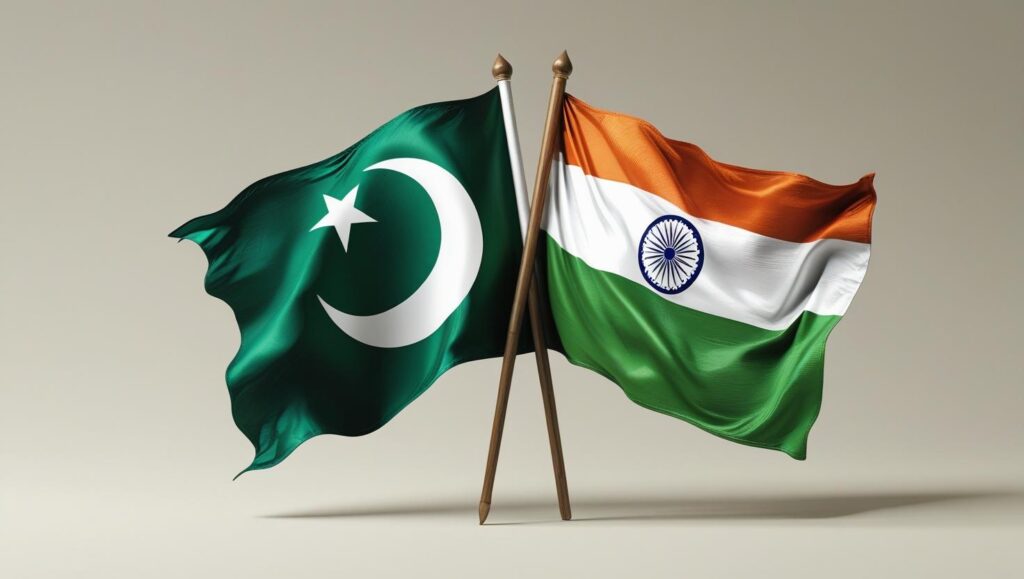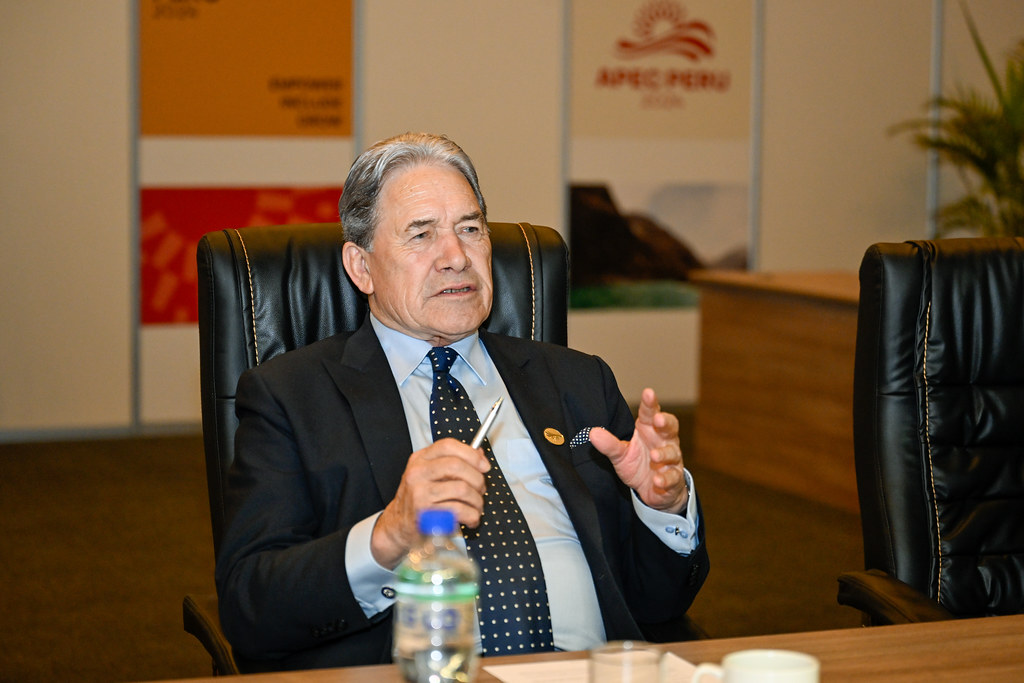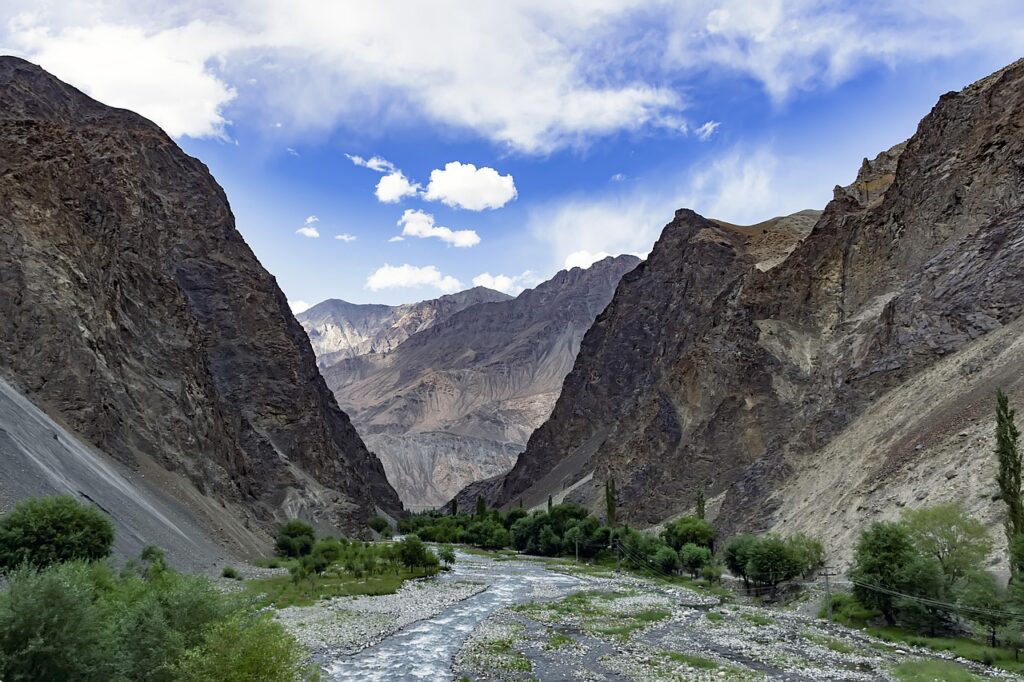KARACHI: An interactive seminar addressing the ongoing tensions between Pakistan and India took place at the Pakistan Institute of International Affairs (PIIA) on Saturday. The event aimed to incorporate diverse viewpoints, particularly from the youth, on the recent developments in the bilateral conflict.
Dr. Masuma Hasan, chairperson of PIIA, emphasized the importance of engaging younger voices in discussions surrounding the conflict. As part of the seminar, research assistants presented various papers outlining key themes and events that have characterized the recent hostilities.
In her remarks, Dr. Hasan recounted how India unexpectedly accused Pakistan of involvement in the April 22 attack in Pahalgam, an assertion made without credible evidence. This accusation marked the beginning of escalating tensions, leading to India’s suspension of the 1960 Indus Waters Treaty and Pakistan’s response by halting the Simla Agreement of 1972. The situation escalated further with India’s initiation of Operation Sindoor on May 7, followed by Pakistan’s counteraction on May 10, ultimately resulting in a ceasefire facilitated by U.S. intervention.
Research assistant Mohammad Usman presented a paper on the implications of water resource management, noting the potential risks that India would face if it attempted to halt water flow to Pakistan. He explained that while such actions might lead to flooding in India’s upper regions, the impact on Pakistan could be particularly severe during dry seasons, affecting agricultural yields significantly. Usman highlighted that any substantial alteration of water flow would require extensive infrastructure and significant financial investment.
Another researcher, Syeda Maliha Sehar, focused on the evolving military dynamics between Pakistan and India, particularly through the lens of the Pakistan-China partnership. She pointed out that Pakistan has developed capabilities that challenge the technological edge traditionally held by India and Western allies. This shift in military strategy signifies a redefinition of Pakistan’s role in regional power dynamics, showcasing its ability to assert itself through sophisticated military responses rather than through escalation.
Cyber warfare was another topic of discussion, as presented by Safa Rehmat. She detailed the increasing sophistication of cyber capabilities on both sides, highlighting the role of misinformation and data security breaches in the ongoing conflict.
Syed Shahryar Shah discussed the importance of narratives in shaping public perception, stating that the actual events of the conflict may be overshadowed by the stories that emerge from it. He stressed the significance of collective belief and narrative power in contemporary conflicts.
Asif Ali addressed the situation in Kashmir, noting that Indian authorities have intensified their crackdown on local populations following the recent conflict, with thousands reportedly detained.
The seminar also touched on the role of media in shaping public opinion, with examples of misinformation circulating in both Pakistan and India. These inaccuracies underscore the need for responsible reporting, especially in the context of heightened tensions.
The event concluded with a broader discussion on the complexities of war, which encompasses not just military strategies but also economic, political, and diplomatic considerations. Several attendees reflected on the necessity for good governance in Pakistan and recognized the potential for unity amidst adversity, even expressing gratitude toward Indian leadership for inadvertently fostering solidarity among Pakistanis.



